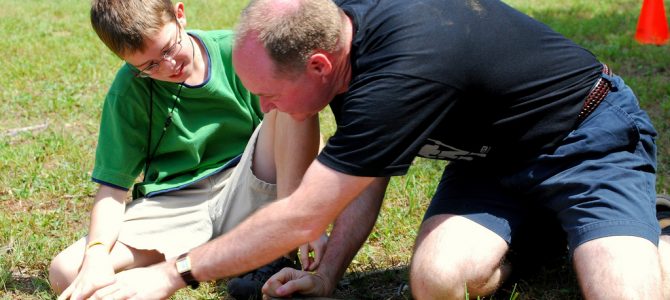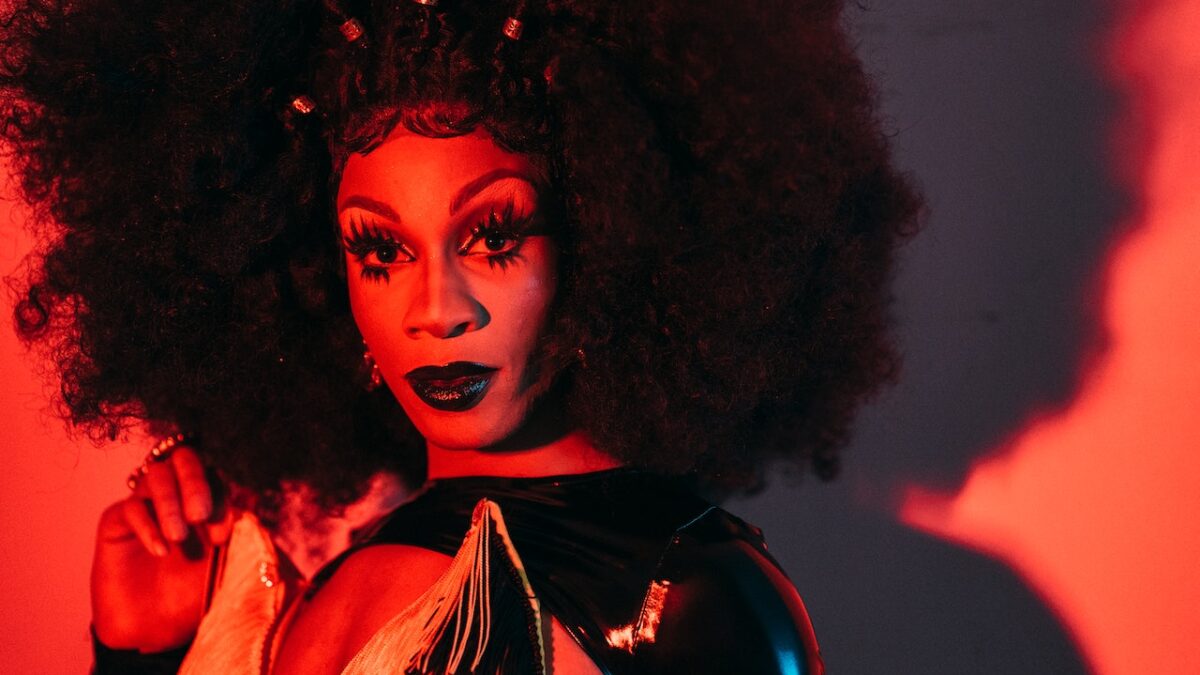
It is no secret to even the casual observer that manhood is not in good shape today. “What is a good man?” is one of the most confusing questions we can ask.
We seem compelled to resist answering that question in a gender-specific way for fear of retribution. It is easier and less controversial to extol genuinely feminine qualities. The best we might do is respond that a good man is androgynously honest and treats people kindly. Beyond that, one is wading into contentious and confused waters.
While men tend to get to paid more and hold higher-level corporate, government, and professional positions, they are also overrepresented in the lower strata of society. Manhood is more a phenomena of extremes. Men are more likely to be unemployed and traditionally male-dominated industries are disappearing fastest.
Men are falling behind women in high school graduation as well as college attendance and graduation. Men are more likely to use almost all types of illicit drugs at a higher rate than women, thus their higher prevalence of emergency room visits and in-patient substance abuse treatment. Ninety-three percent of prison inmates are male, as are 98 percent of all death row inmates. Men are dramatically more likely to be homeless and for longer periods of time. Internationally, males are becoming the weaker sex across the board.
This reality has been documented for some years in many important books. Here, here, here, here and here are just a few primary examples.
This Relates to Men’s Unique Maturation Process
Much of this is due to a basic, fundamental anthropological fact. Manhood is very different than womanhood. In terms of human development, healthy masculinity is not natural. It does not happen naturally.
This is not the case with womanhood. Her biological make-up ensures the girl will more naturally grow into a healthy woman. As her body matures, internally and externally, it sends her and those around her an unmistakable message of what she is and what she is becoming. It moves her in a very particular direction with great force. Her family and community treat her differently because of it.
The boy’s transition into manhood is not similarly pre-determined. It must be created with significant intentionality or it simply can’t and won’t exist. Manhood is a behavior and essence that must be taught, an identity that must be bestowed by a boy’s family and the larger community of men.
Why? The male nature doesn’t naturally go in the direction society needs it to. It is more oriented toward extremes—lethargy and passivity, or aggression and sexual opportunism. Manhood must be crafted.
Margaret Mead is one of the early anthropologists to study the societal phenomenon of manhood. She observed this fact: “In every known human society, everywhere in the world, the young male learns that when he grows up, one of the things which he must do in order to be a full member of society is to provide food [and protection] for some female and her young. …[E]very known human society rests firmly on the learned nurturing behavior of men.”
She explains why this must be intentionally done generation after generation: “[T]his behavior, being learned, is fragile and can disappear rather easily under social conditions that no longer teach it effectively.” It is the precise opposite for women. Women must be ideologically and politically pressured, with great potency, to abandon and ignore their children and their needs.
We Need to Direct Men’s Sexuality and Aggression
This brings us to the nub of the issue. The most urgent social problem every culture must work to solve is the unattached male, his untethered sexuality and physical aggression. If a society does not find a way to bring these under control, society is impossible to sustain, and very bad things happen. This is why the novel “Lord of Flies” is actually about the baseness of the male nature.
Only when these two things—sexuality and aggression—are corralled can a healthy, safe, and productive society can take shape and sustain itself. As Mead explained, no human culture has found a way to sustain itself without doing this.
Thus, what must be learned must be taught, and the more consequential it is, the greater intentionality it requires. Manhood can only really be taught and developed by older men, instructing and modeling what they and their families expect from boys so they can become full members of the fraternity of good men. Mothers and girlfriends can influence this, to be sure, but they cannot deliver it. It is a transfer of ideals, behaviors, attitudes, and beliefs from one generation of men to the next.
This is unarguably the first work of family formation and community sustainability as it affects industry and economics, criminality, health care, education, and every other essential part of any community. Man-making is the work of human culture and well-being.
The primary question is how one generation of men accomplishes this in service to the next generation of boys, women, and girls. Particularly, how do we do it in today’s culture with all its unique challenges? This question and its answer must become a national concern.









